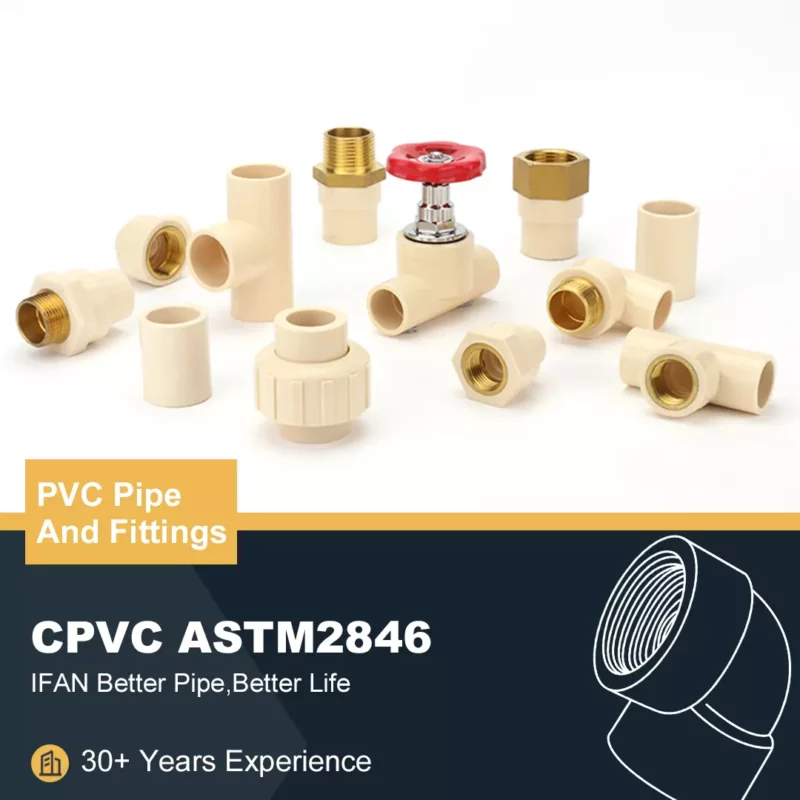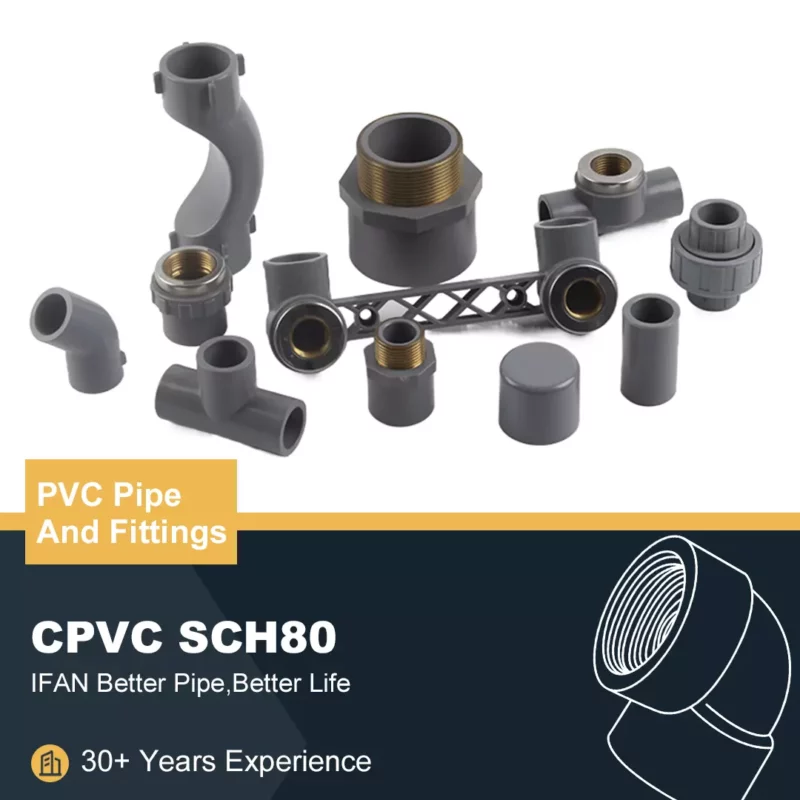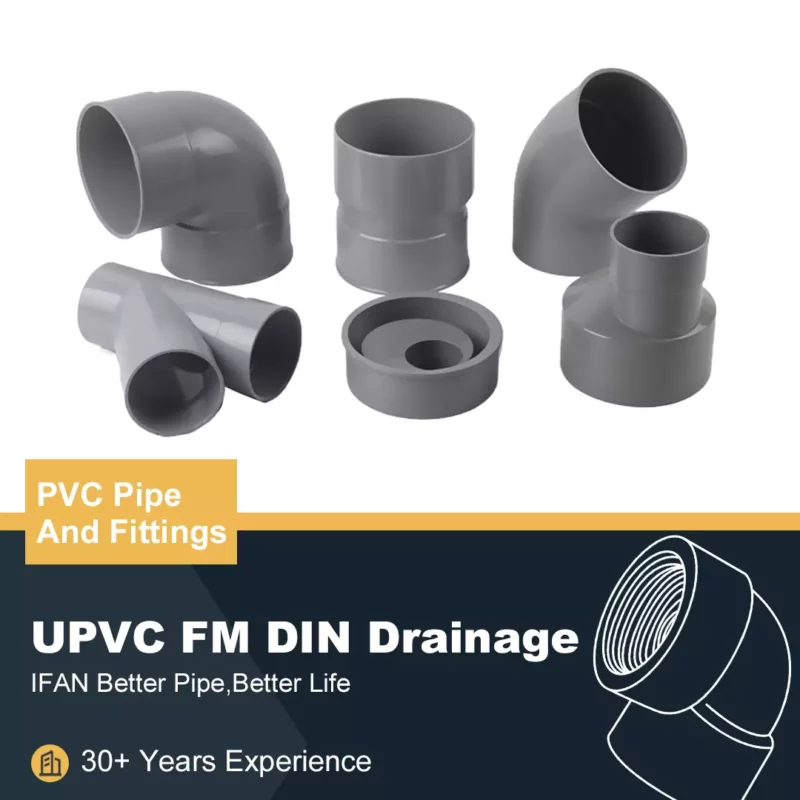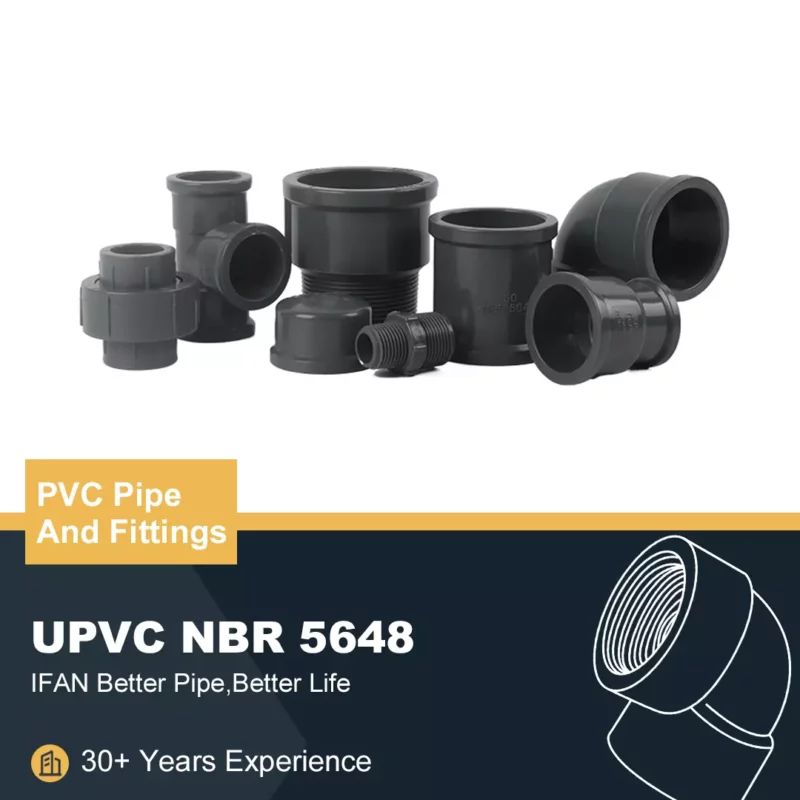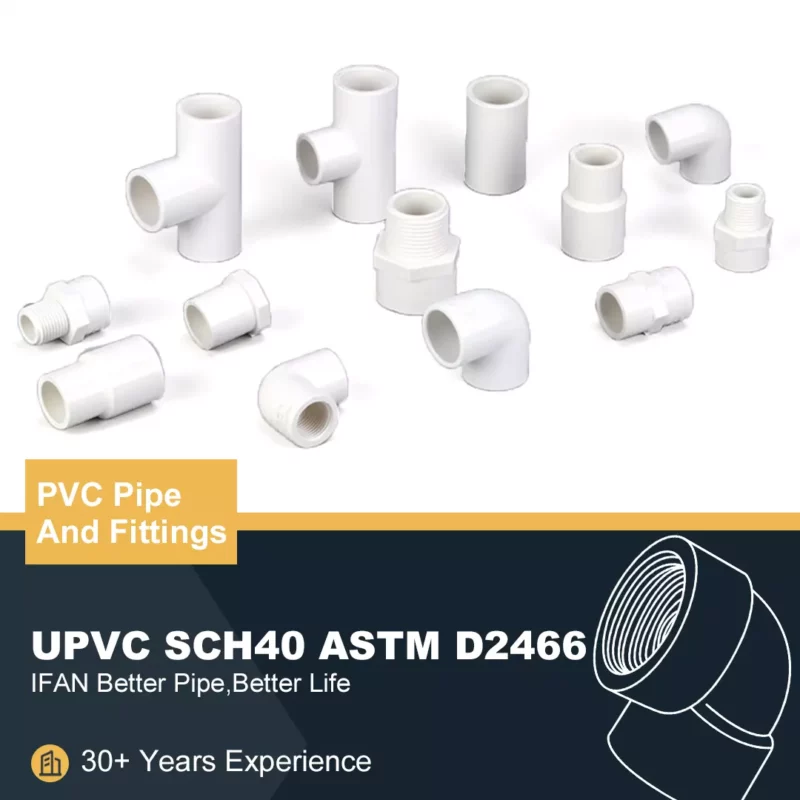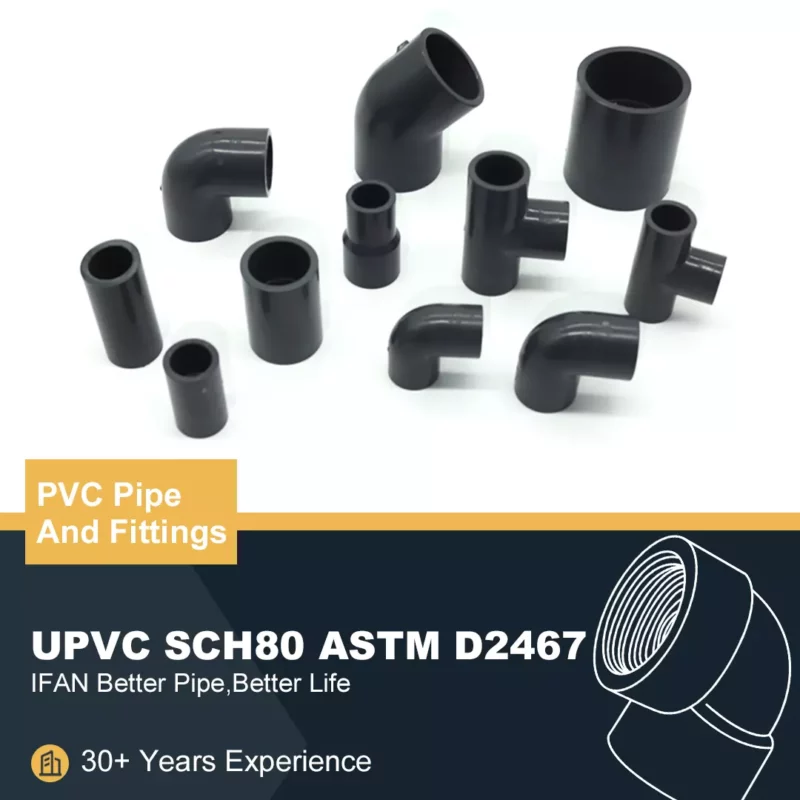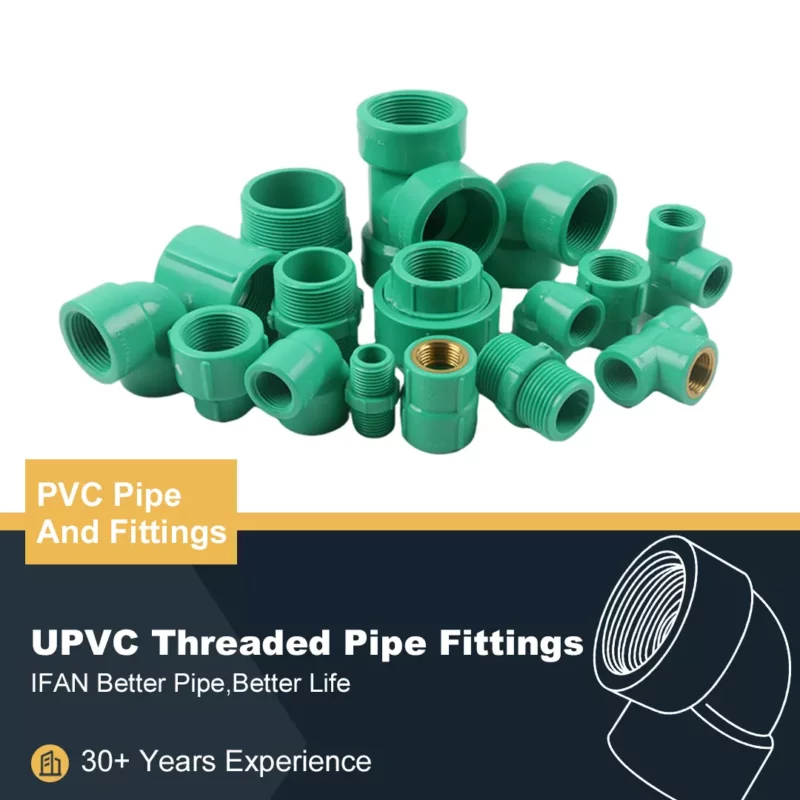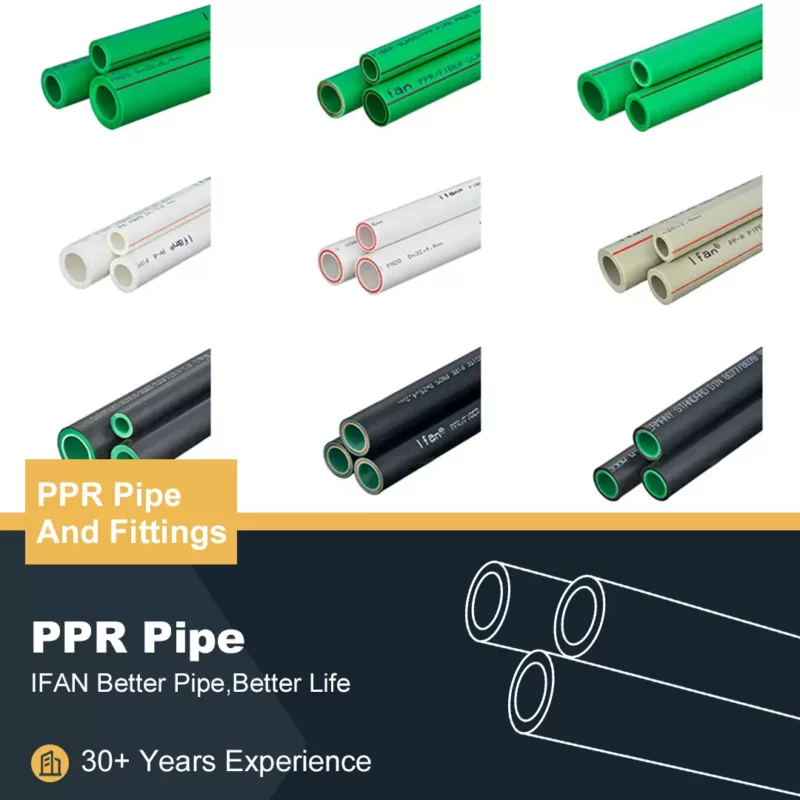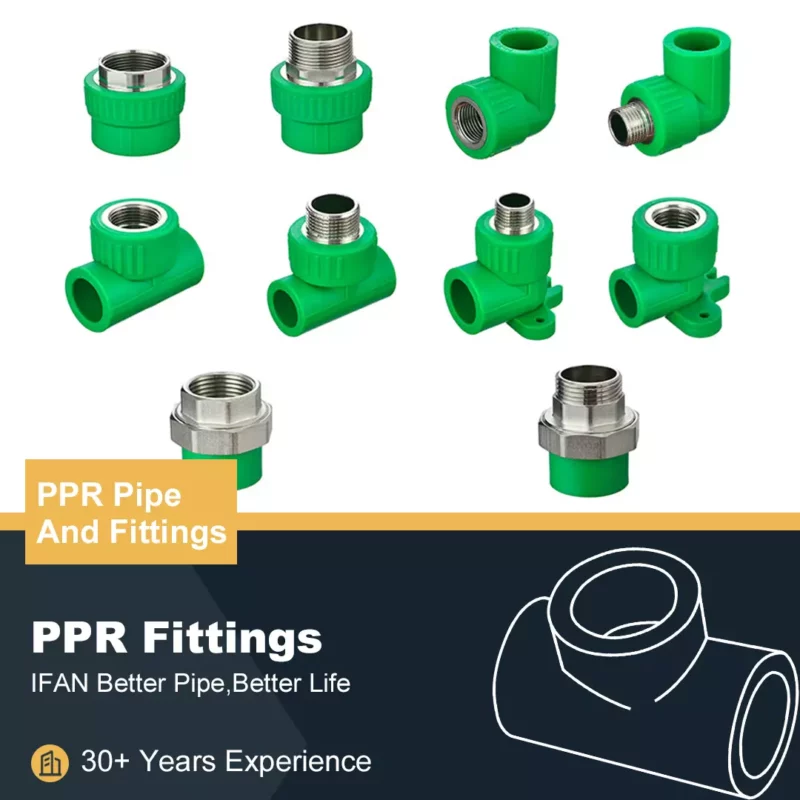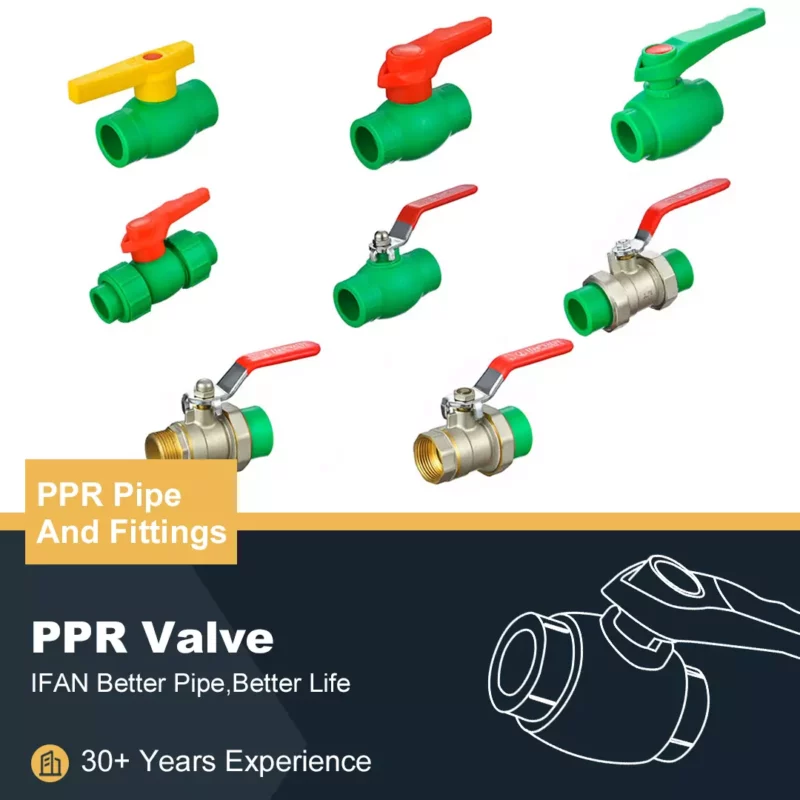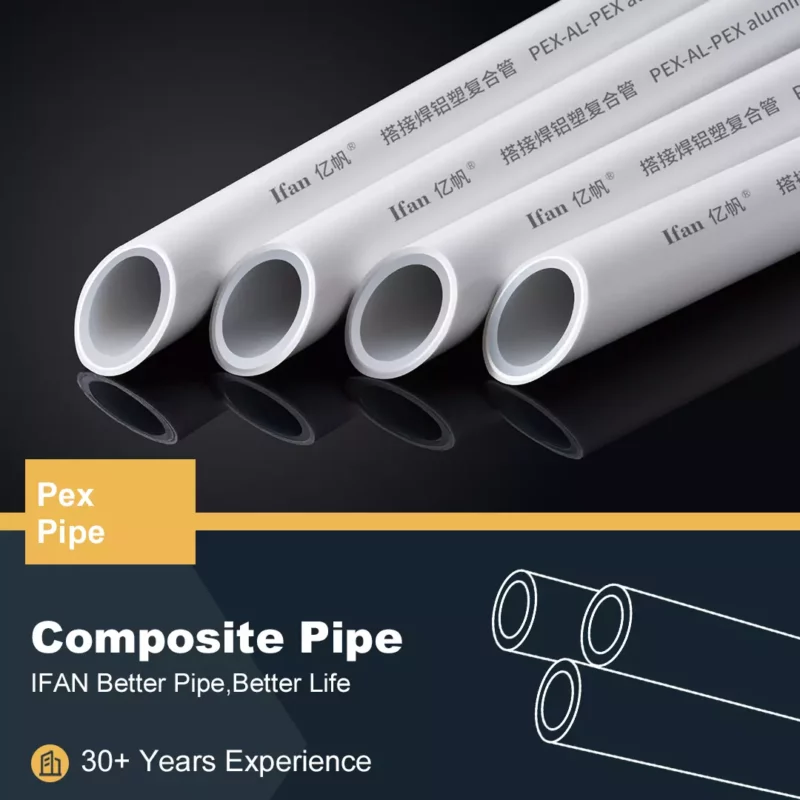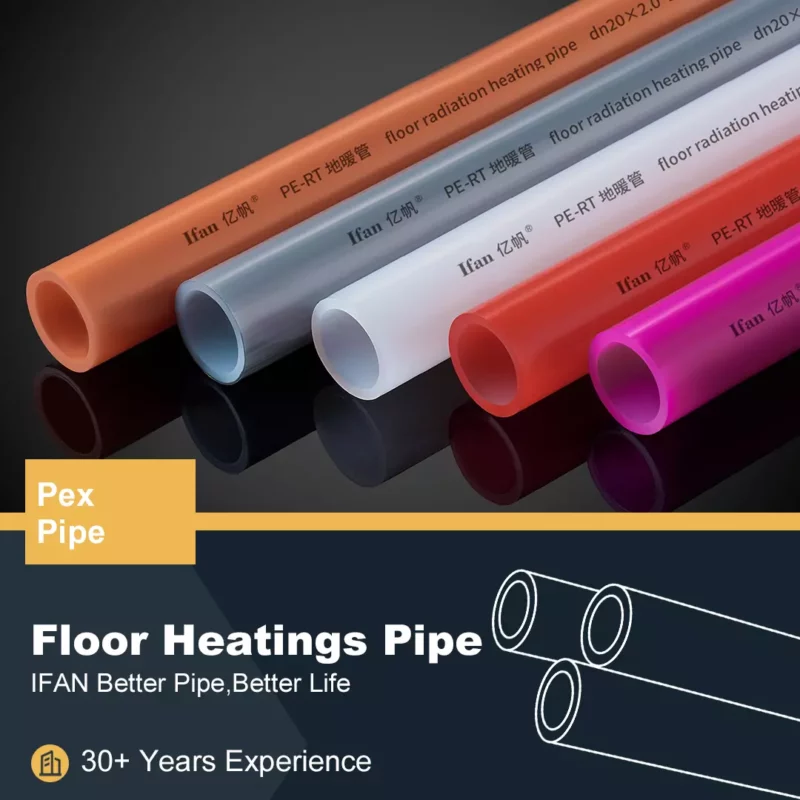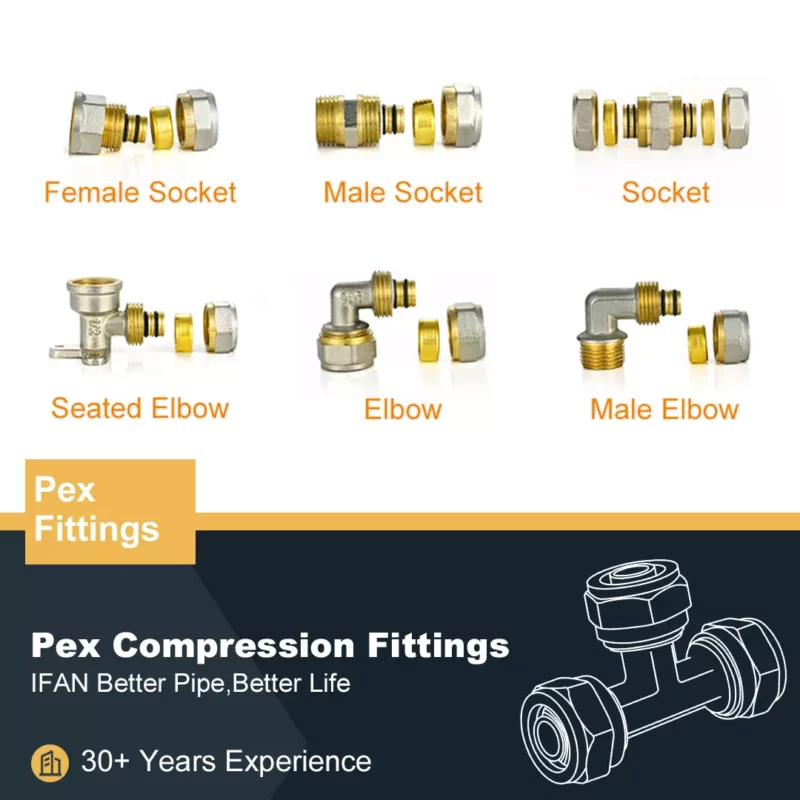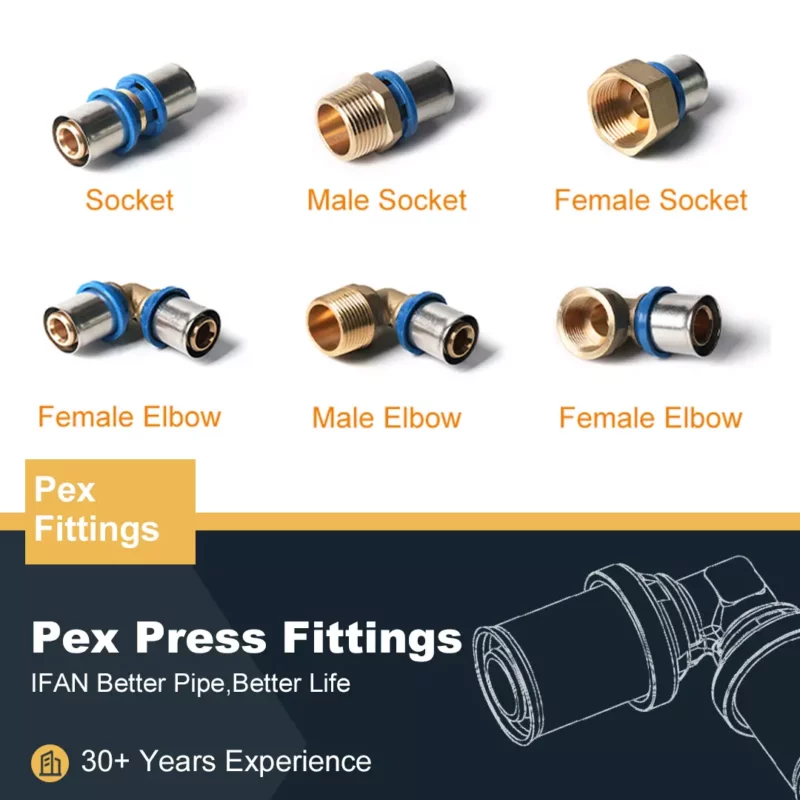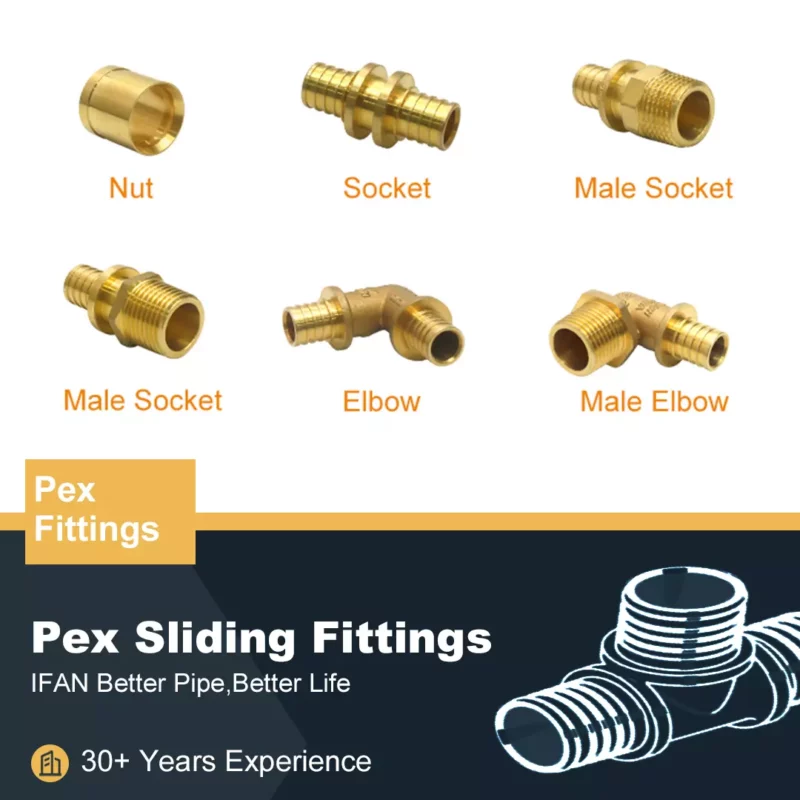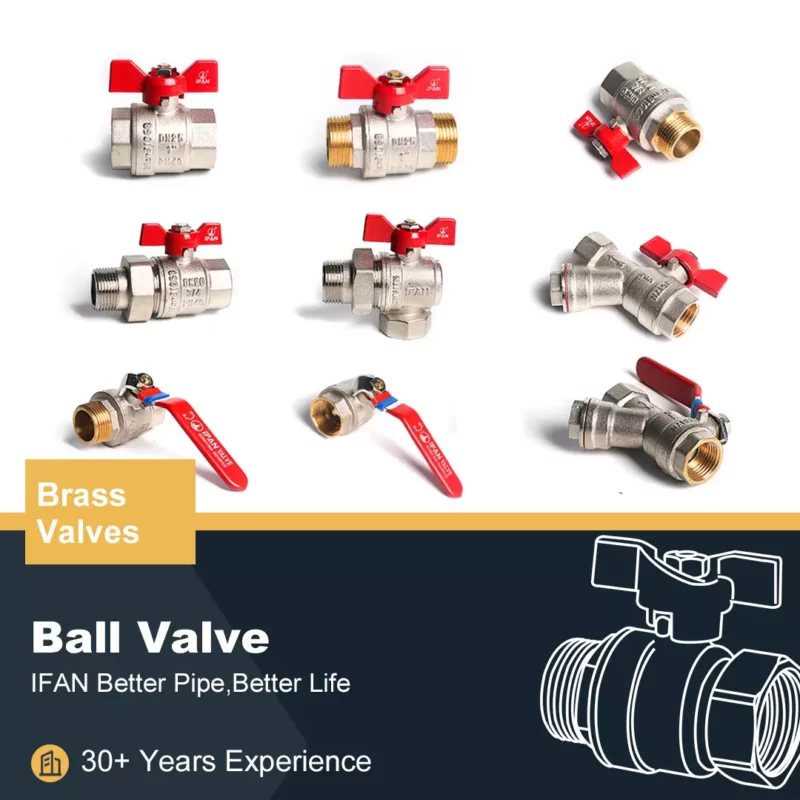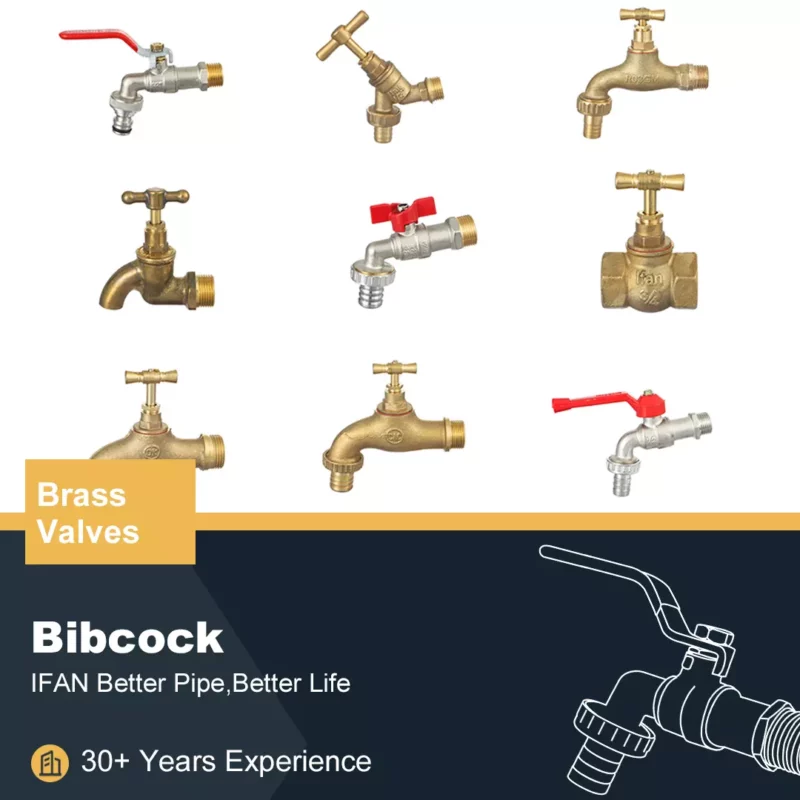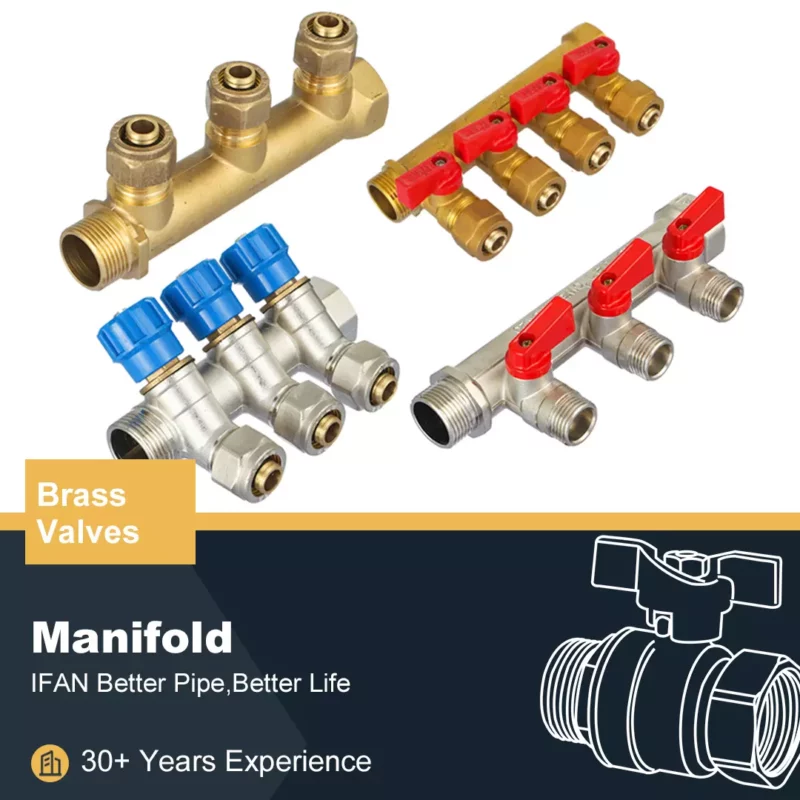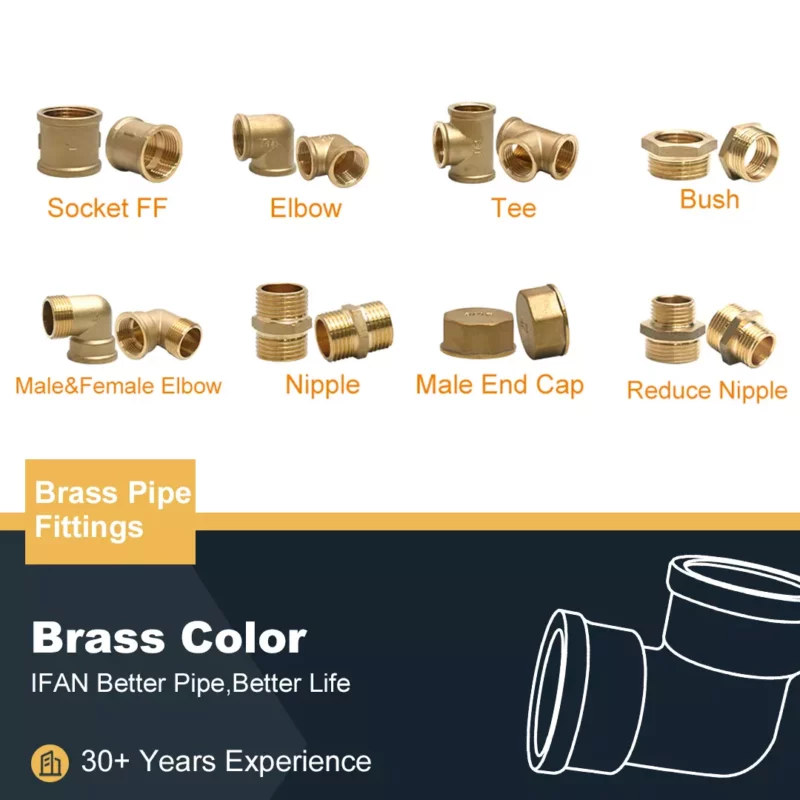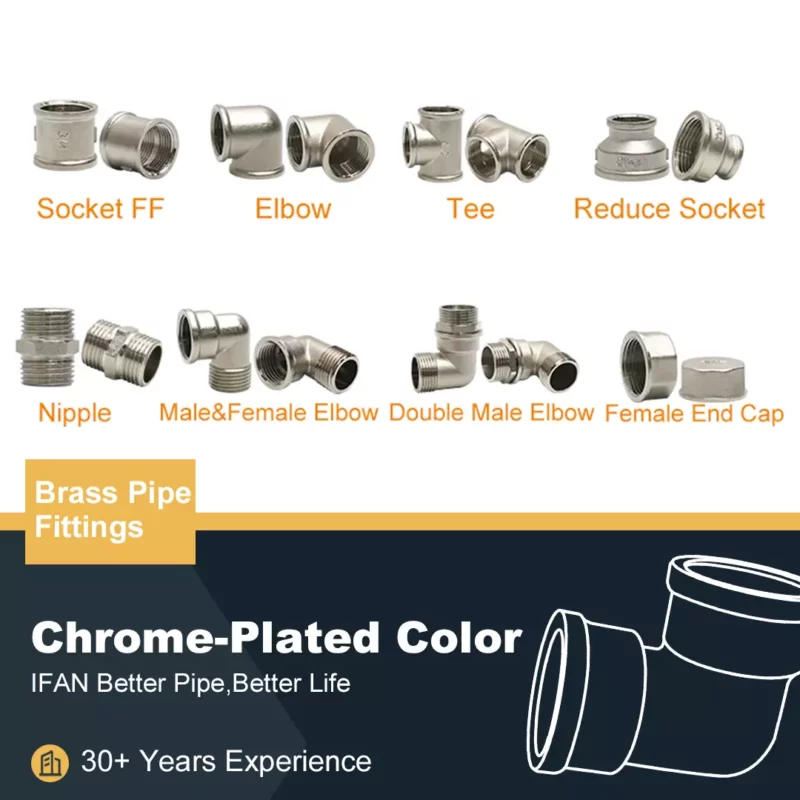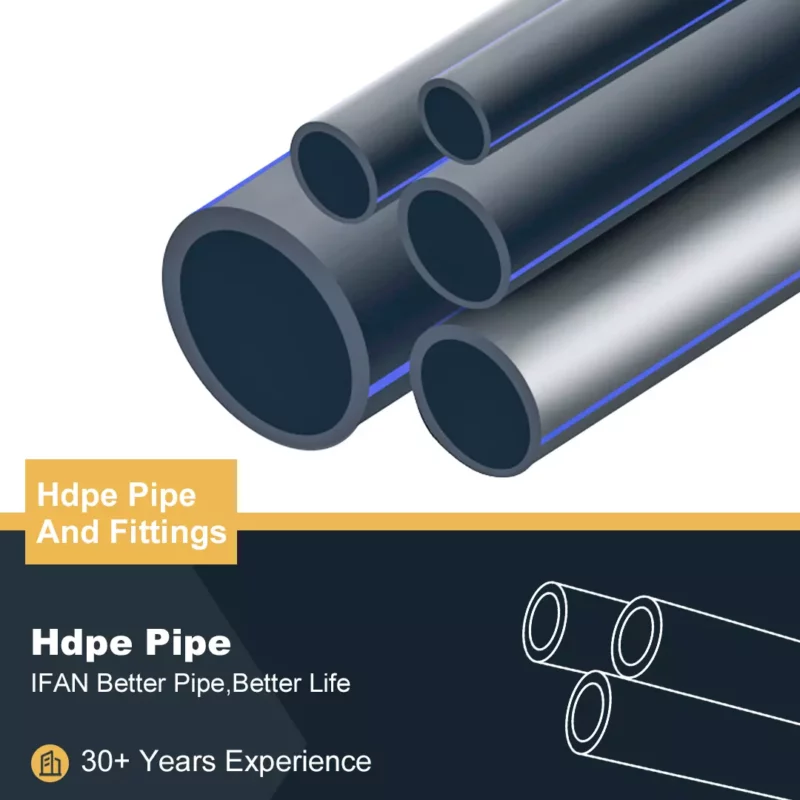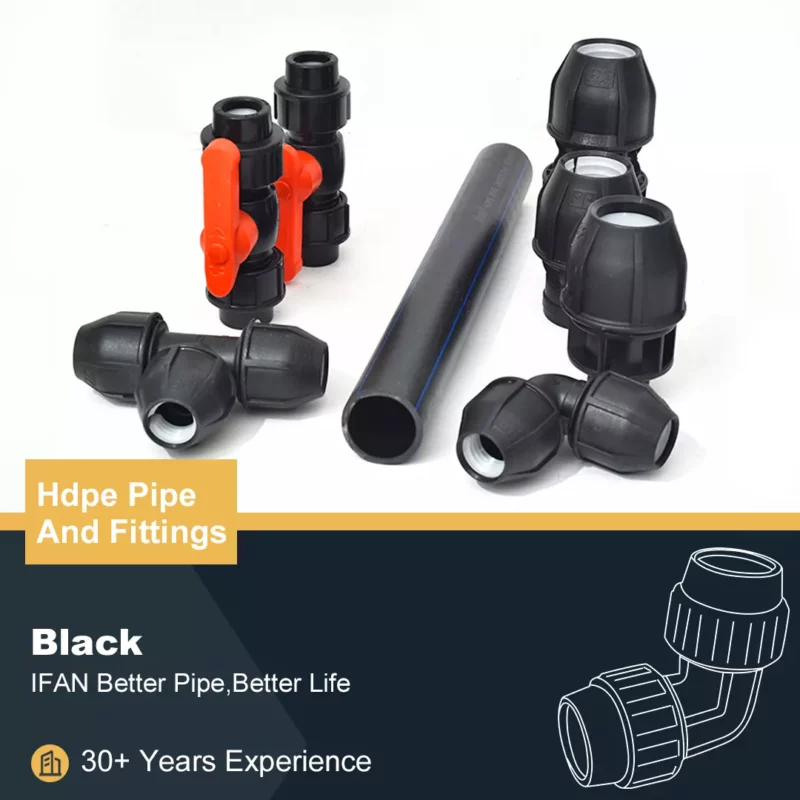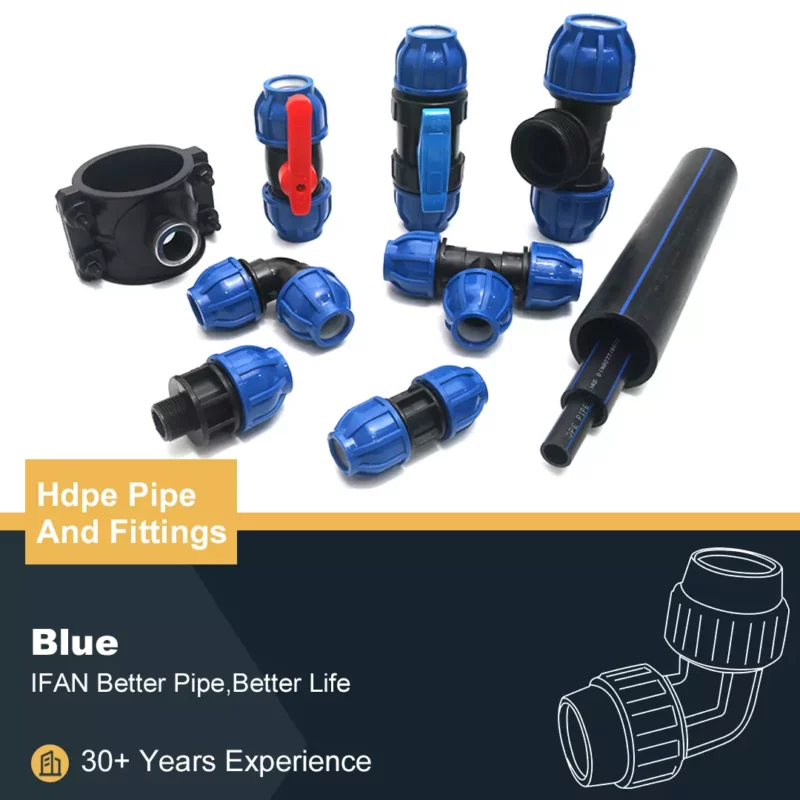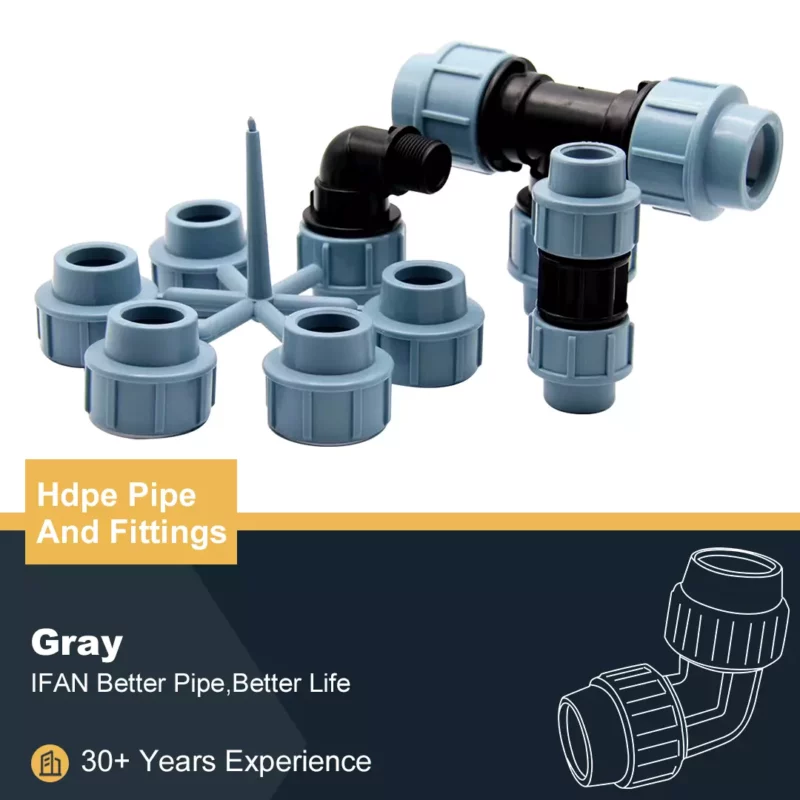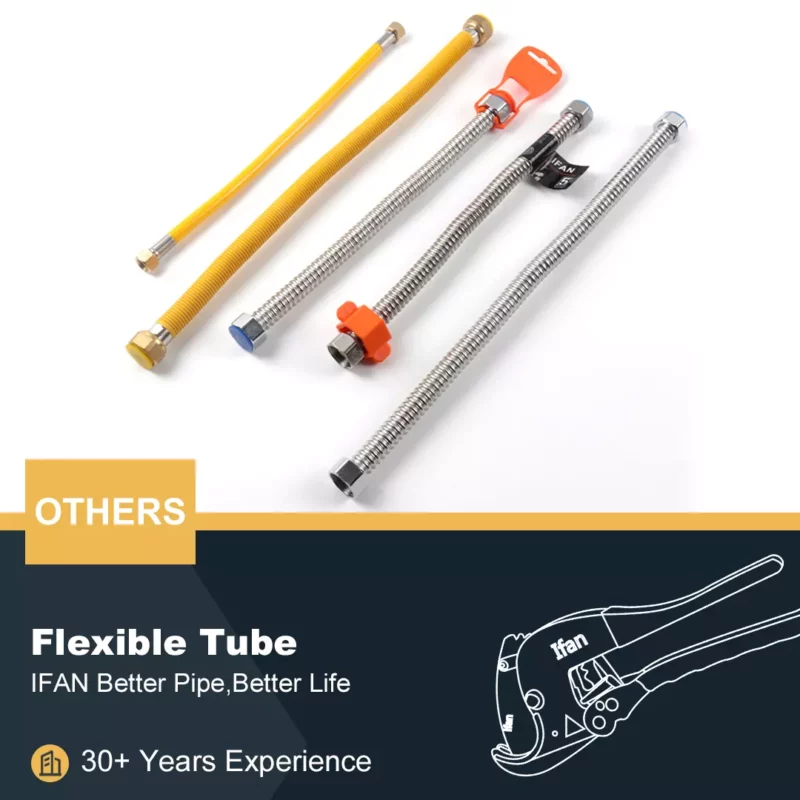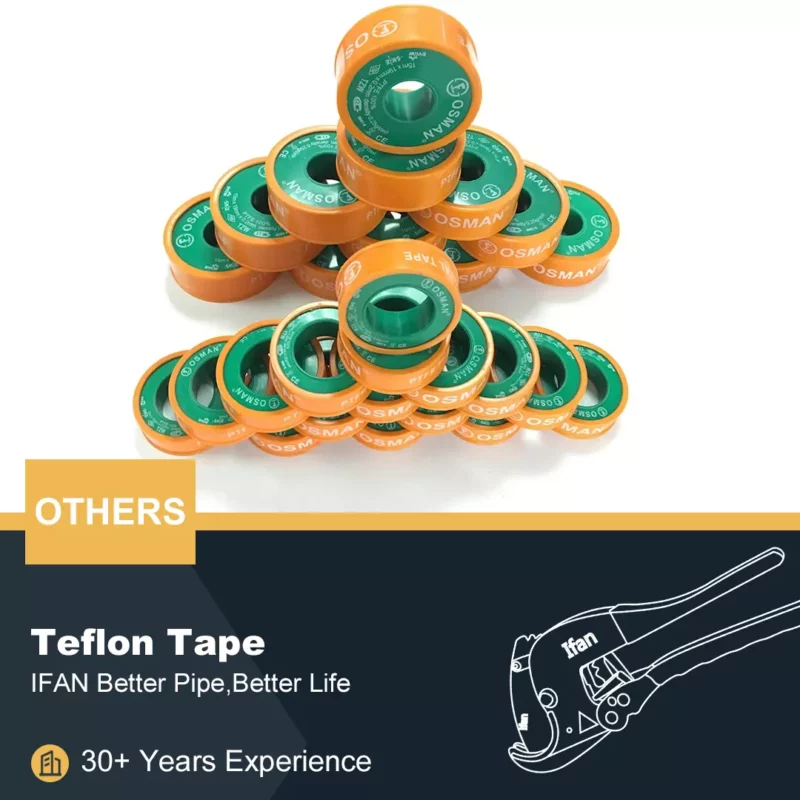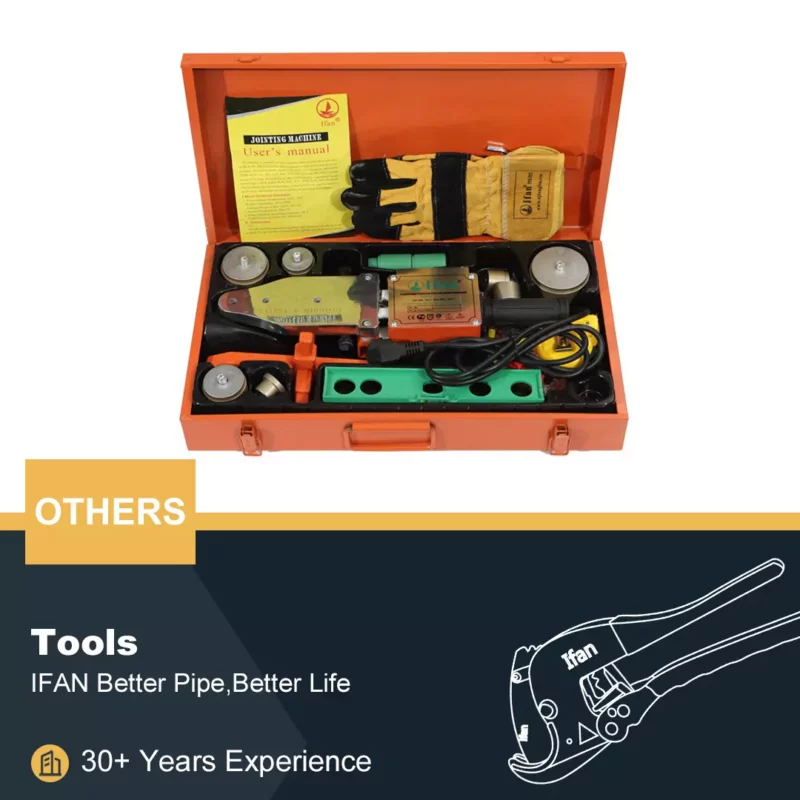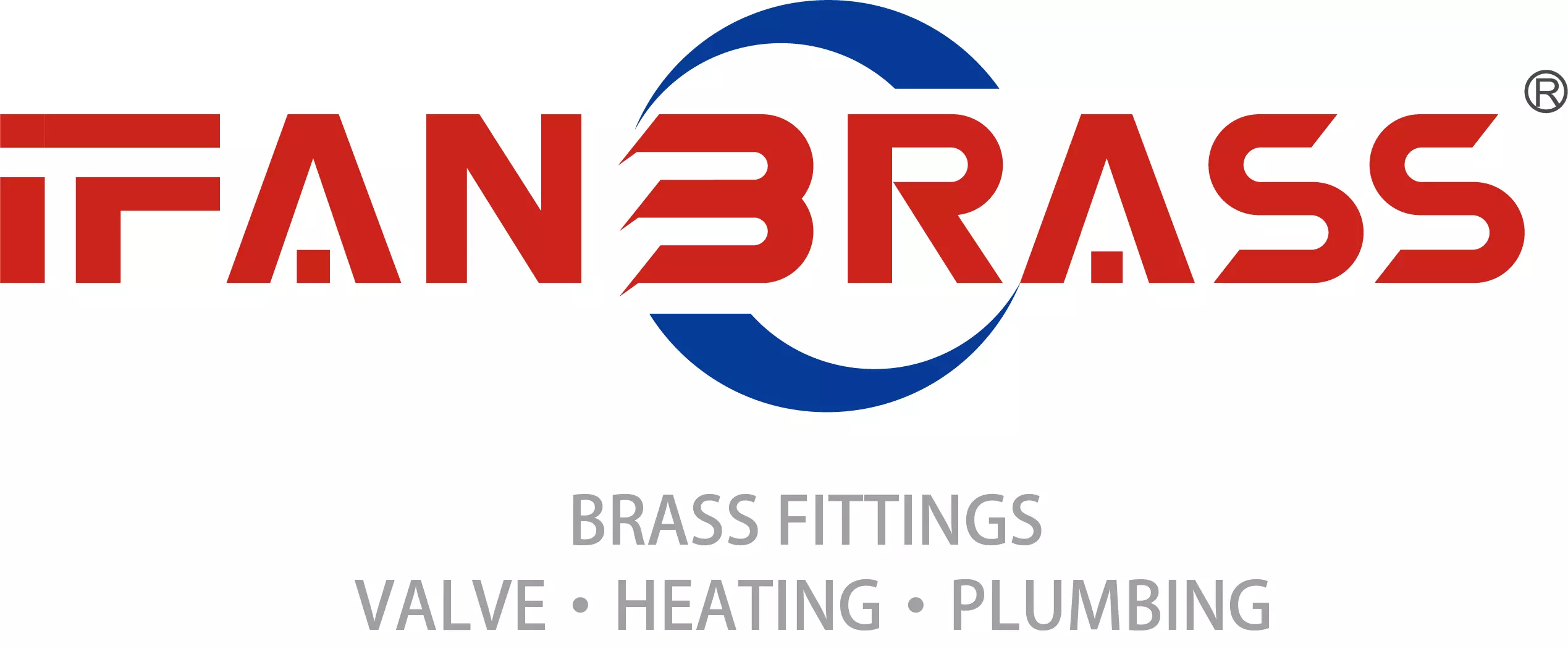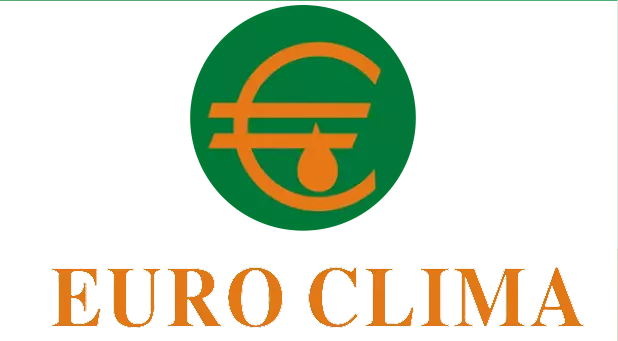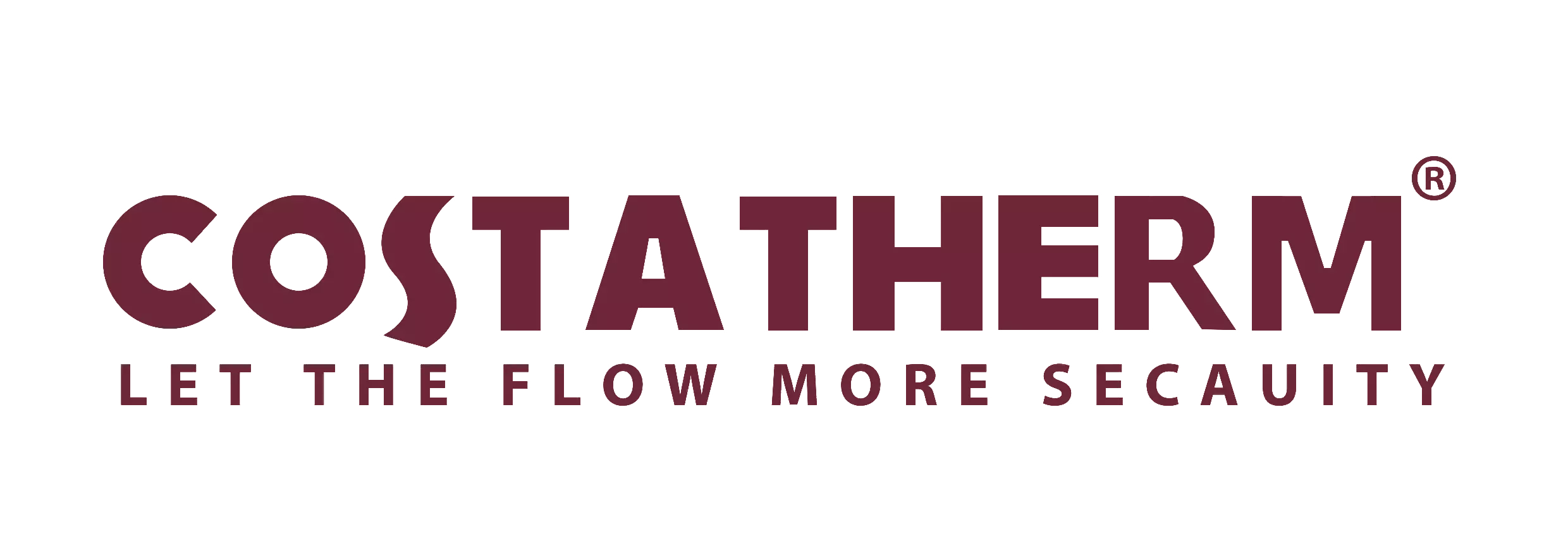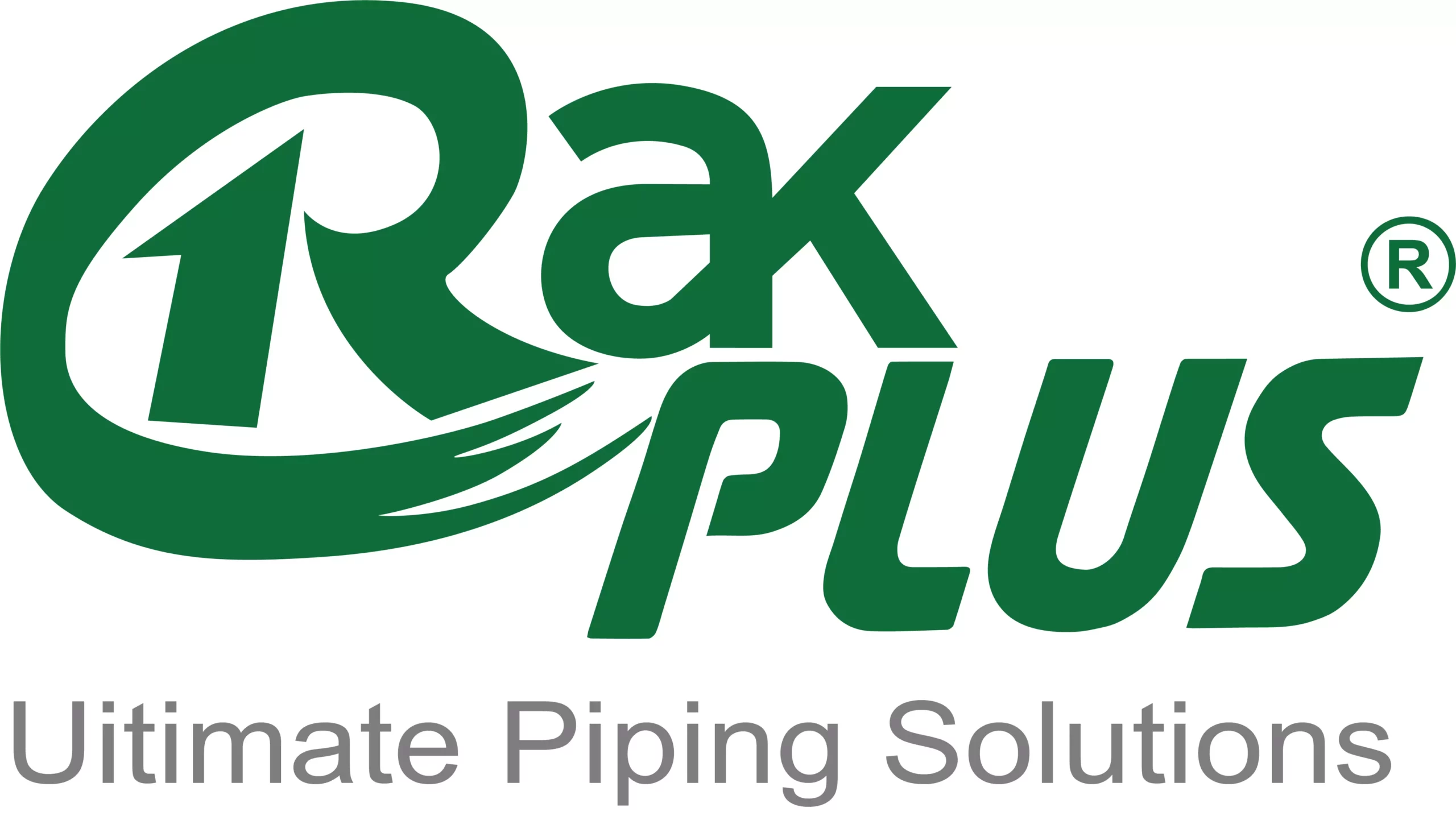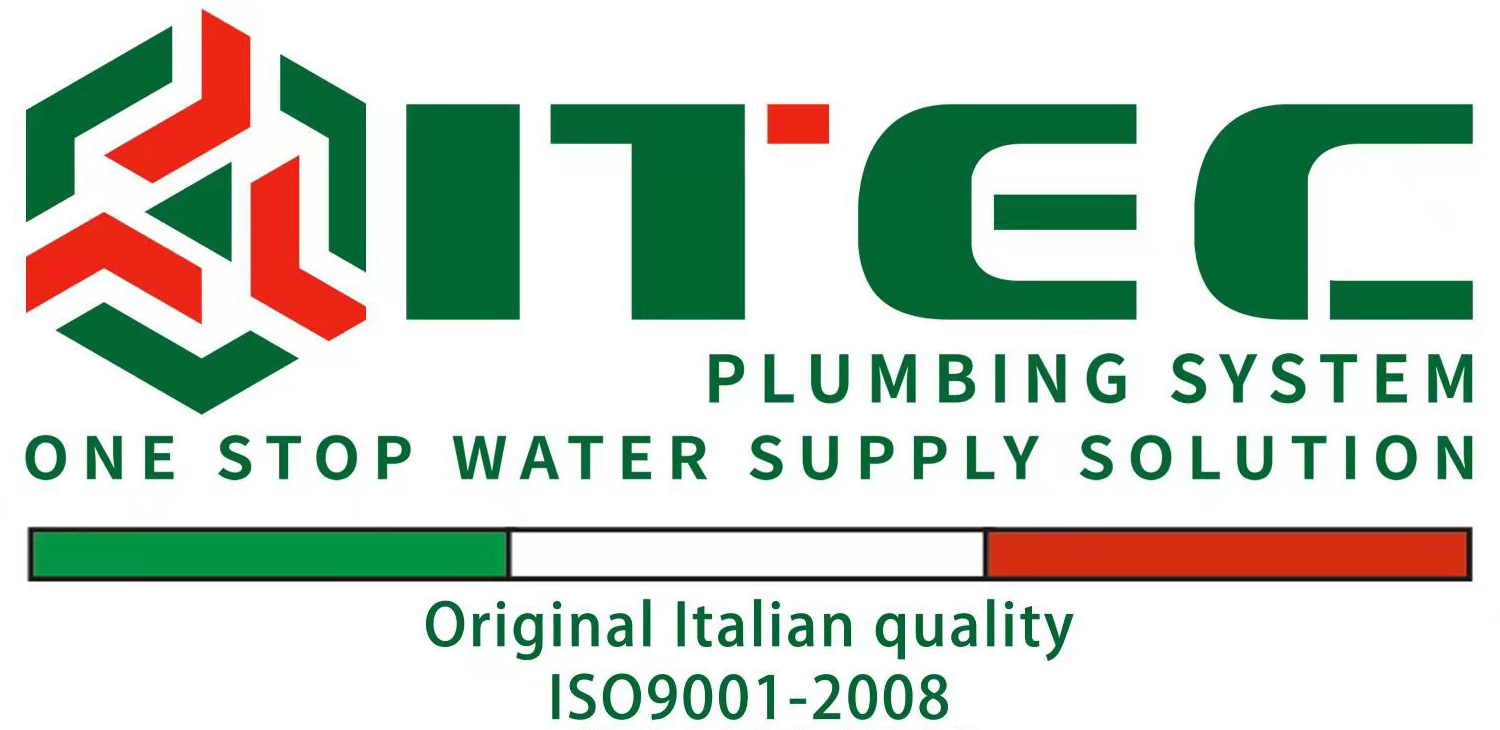PVC (Polyvinyl Chloride) ball valves are popular in various industries due to their durability, ease of use, and cost-effectiveness. Their design features make them suitable for numerous applications, from water distribution to chemical processing. This article delves into the key design features of them, highlighting their advantages and applications.
1. Material Composition
PVC ball valves are made from unplasticized polyvinyl chloride (UPVC). This material is rigid and offers excellent chemical resistance. Unlike other plastics, UPVC does not contain plasticizers, making it more stable under different conditions. The rigidity of PVC ensures that the valve maintains its shape and performance under pressure.
For instance, in a chemical plant, PVC ball valves handle corrosive fluids efficiently. The UPVC material resists chemical attacks, preventing damage and ensuring long-term performance.
2. Ball Mechanism
The core feature of a PVC ball valve is its ball mechanism. The ball, located inside the valve body, has a hole in the center. Rotating the ball changes the position of the hole relative to the flow direction. When the hole aligns with the pipe, fluid flows through. When perpendicular, the flow is stopped.
This design allows for quick and easy control of fluid flow. For example, in an irrigation system, turning the ball valve can instantly start or stop water flow, making it highly efficient for managing water distribution.
3. Precision Engineering
PVC ball valves are designed with precise engineering to ensure smooth operation. The ball and valve seat are machined to tight tolerances, which ensures a good seal when the valve is closed. The valve’s internal components are designed to fit together perfectly, reducing the chance of leakage.
In practical applications, such as in residential water systems, precision engineering minimizes the risk of leaks. This results in fewer maintenance issues and a more reliable system.
4. Ease of Operation
One of the significant advantages of them is their ease of operation. They typically require only a 90-degree turn to fully open or close. This straightforward operation makes them user-friendly and reduces the chances of operational errors.
For example, in a commercial building’s plumbing system, the simplicity of operation allows maintenance personnel to quickly adjust water flow with minimal effort.
5. Seal and Leak Prevention
PVC ball valves feature high-quality seals made from materials such as EPDM (Ethylene Propylene Diene Monomer) or PTFE (Polytetrafluoroethylene). These seals are designed to prevent leaks and maintain a tight closure when the valve is in the off position.
For instance, in a pool filtration system, effective sealing prevents water leaks, maintaining the system’s efficiency and preventing water loss.
6. Corrosion Resistance
PVC is highly resistant to corrosion compared to metals. This resistance makes PVC ball valves ideal for use in corrosive environments. The material does not rust or degrade over time, which extends the valve’s lifespan and reduces maintenance needs.
In industries where corrosive chemicals are handled, such as in a laboratory, PVC ball valves ensure long-term reliability without the issue of corrosion-related failures.
7. Pressure Rating
PVC ball valves come with different pressure ratings, which are designed to handle specific pressure ranges. These ratings ensure that the valve can withstand the pressure of the fluids being transported without deforming or failing.
For example, a PVC ball valve rated for 10 bar pressure is suitable for applications where the system pressure does not exceed this limit. This makes it a reliable choice for many industrial and residential systems.
8. Temperature Tolerance
PVC ball valves are designed to operate within specific temperature ranges. While they can handle a wide range of temperatures, extreme conditions may affect their performance. Generally, they are suitable for temperatures ranging from 0°C to 60°C.
In an agricultural irrigation system, where temperature fluctuations can occur, they remain effective and functional within their temperature tolerance range.
9. Versatility in Connections
PVC ball valves are available with various connection types, including threaded, solvent weld, and flanged connections. This versatility allows them to be used in different piping systems and installations.
For example, a PVC ball valve with a threaded connection is ideal for residential plumbing, while a flanged connection may be preferred in industrial applications where larger pipes are involved.
10. Cost-Effectiveness
The design and material of them contribute to their cost-effectiveness. PVC is less expensive than metals, and the manufacturing process for them is generally more economical. This makes them a budget-friendly option for many applications.
In large-scale water distribution projects, the cost savings from using PVC ball valves can be substantial, providing a cost-effective solution without sacrificing quality.
11. Durability and Longevity
PVC ball valves are designed to be durable and long-lasting. The material’s resistance to chemicals, corrosion, and wear ensures that the valves have a long service life. Proper maintenance and correct usage further extend their longevity.
In a municipal water supply system, they offer reliable performance over many years, reducing the need for frequent replacements and minimizing downtime.
12. Environmental Considerations
PVC ball valves are also designed with environmental considerations in mind. PVC is recyclable, and its production process generates fewer emissions compared to some metals. This makes PVC ball valves a more environmentally friendly choice.
In an eco-conscious facility, using PVC ball valves can contribute to overall sustainability efforts by reducing the environmental impact of the piping system.
Conclusion
PVC ball valves offer numerous design features that make them suitable for a wide range of applications. Their material composition, ball mechanism, precision engineering, ease of operation, and other characteristics contribute to their effectiveness in controlling fluid flow. Whether in industrial, commercial, or residential settings, they provide a reliable, cost-effective solution for managing various types of fluids. Their durability, corrosion resistance, and versatility make them a valuable component in many piping systems.
If you have read this article and have any questions, please feel free to contact IFAN. Below is our contact information:
Whatsapp:+86 13373827623
Email:[email protected]

